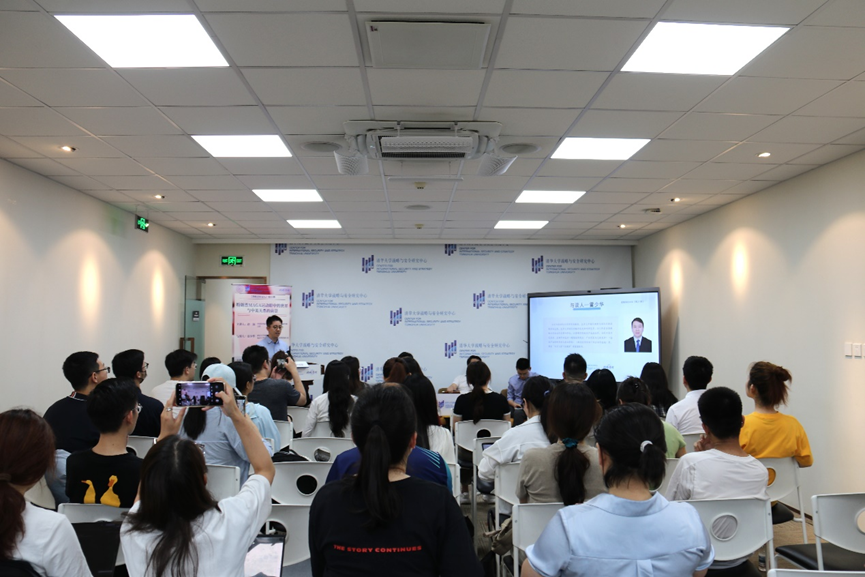On June 19, 2025, the Center for International Security and Strategy (CISS) at Tsinghua University held the 21st session of CISS StratFocus Forum, titled “The World Through the Lens of the Trump MAGA Movement and the Prospects for U.S.-China Relations.” The keynote speaker was Zhao Hai, Director of the Department of International Politics at the National Institute for Global Strategy, Chinese Academy of Social Sciences (CASS). The discussants included Lei Shaohua, Deputy Chair of the Department of International Organizations and International Public Policy at Peking University, and Huang Yutao, Assistant Research Fellow at the Institute of World Economics and Politics, CASS, and Secretary-General of its Center for Development Studies. The seminar was moderated by Sun Chenghao, Associate Research Fellow at CISS.
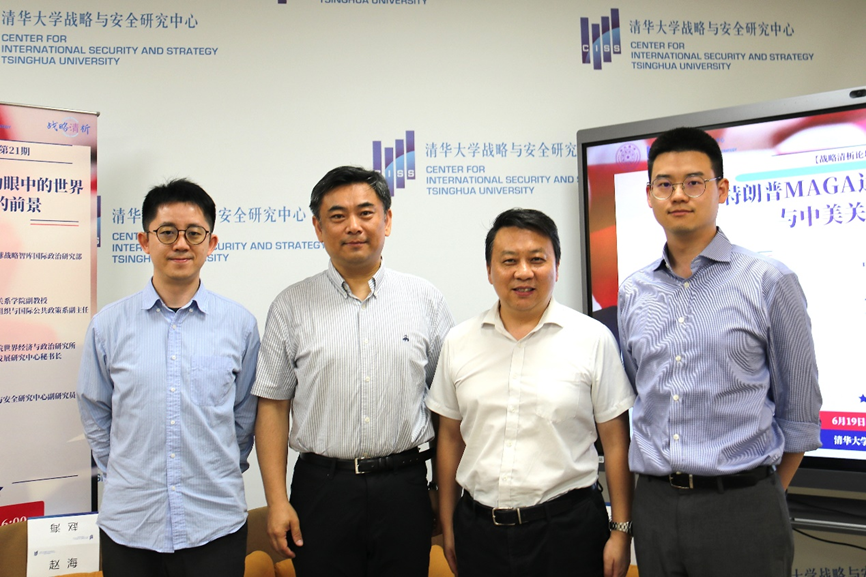
The discussion focused on two core elements of the MAGA movement—American identity and its hostility toward globalization and the establishment elite—and explored how MAGA views the world and the future of U.S.-China relations. Zhao Hai began by analyzing the definition and political nature of MAGA. He noted that while the slogan “Make America Great Again” can be traced back to Reagan’s 1980 campaign, Donald Trump imbued it with new ideological meaning in 2016, centered on a nostalgic reconstruction of white subjectivity, traditional social structures (family, religion, manufacturing), and national sovereignty. Zhao emphasized that MAGA perceives a dual threat: both internal and external enemies.
Zhao further argued that the MAGA movement is essentially a cultural war rather than a purely political mobilization. This analysis reveals that MAGA is not just Trump’s personal political strategy, but a structural social movement rooted in deep-seated historical anxieties. Its goal is to reshape American identity and global role through cultural disruption.
On U.S.-China relations, Zhao pointed out that the MAGA movement exhibits a structurally paranoid, McCarthyist view of China. It sees China not only as a strategic competitor but also as a disruptive threat to the American system and culture. China’s rise is framed as a primary cause of America’s decline, and the country is portrayed as “the greatest geopolitical challenge of the 21st century” and a “strategic rival.”
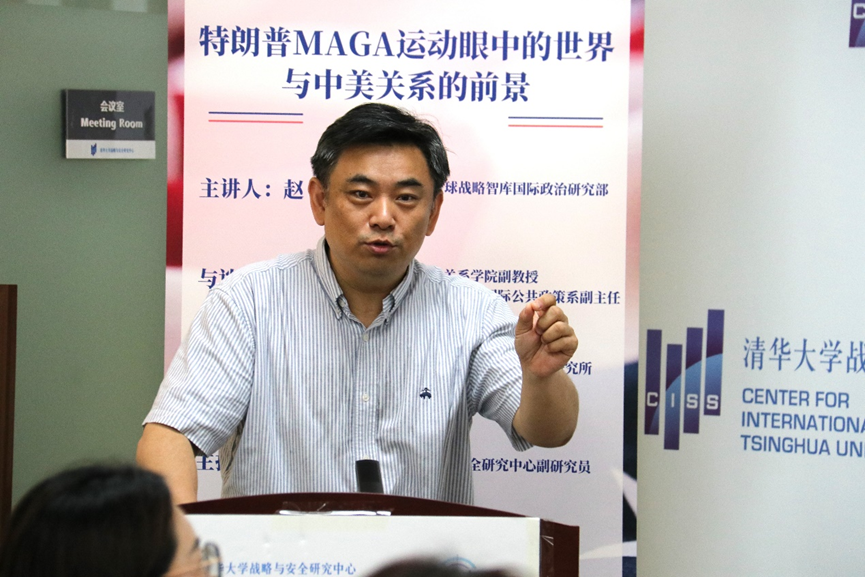
In the discussion session, Lei Shaohua of Peking University emphasized that the core of Trumpism lies in the defense of traditional Anglo-Saxon values amid the pressures of multiculturalism. Through identity politics, anti-elite narratives, and a revival of nationalism, Trumpism seeks to reshape America’s political order and cultural identity. He also noted that rising immigration is seen as another major threat to American interests, potentially altering the electoral structure and demographic balance in ways that challenge the traditional white majority.
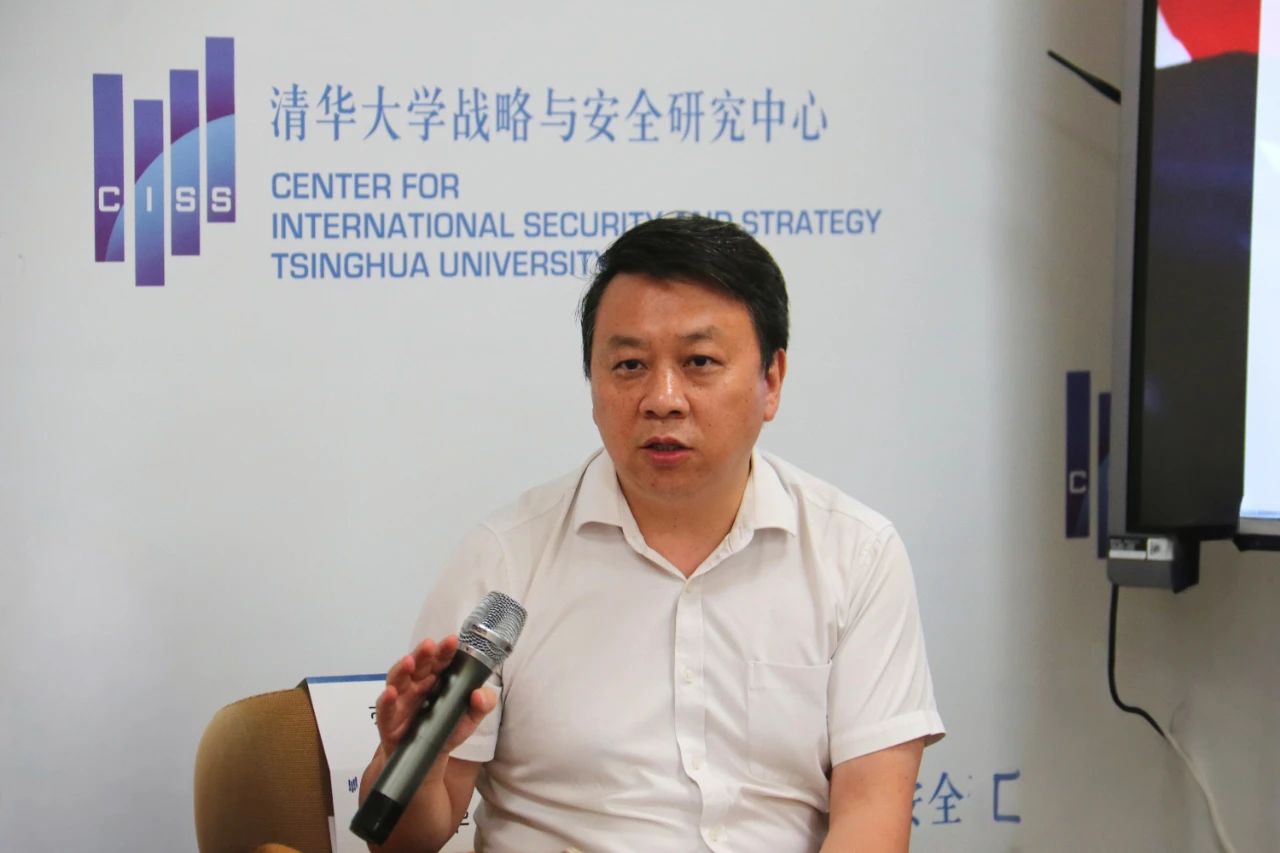
Huang Yutao of CASS observed that the resonance of the MAGA movement in American society stems from its ability to tap into the identity crises and marginalization felt by segments of the lower and middle-class white population. Faced with globalization, industrial relocation, and changing social structures, this demographic experiences deep economic anxiety and cultural loss. The MAGA movement addresses these emotions through nationalism and an emphasis on traditional values.
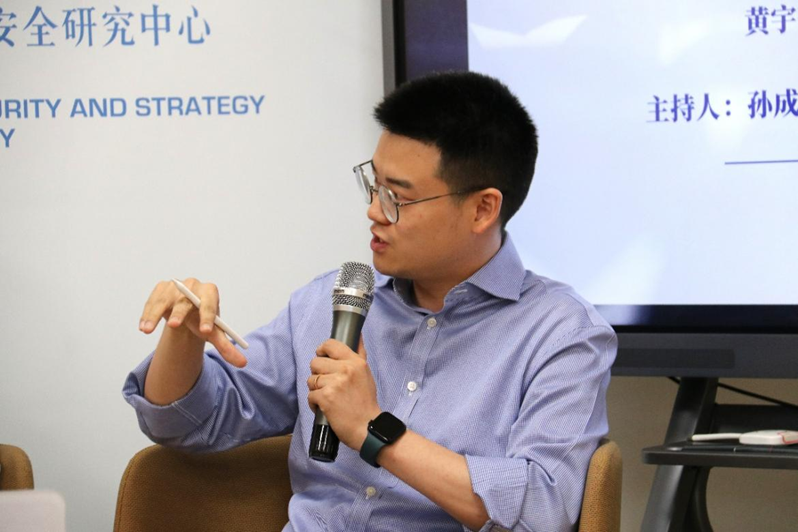
In the final Q&A session, audience members raised questions about the future evolution of the diverse factions within the MAGA movement and the outlook for U.S.-China relations. The speaker and panelists responded in detail and engaged in further in-depth discussion with attendees.
